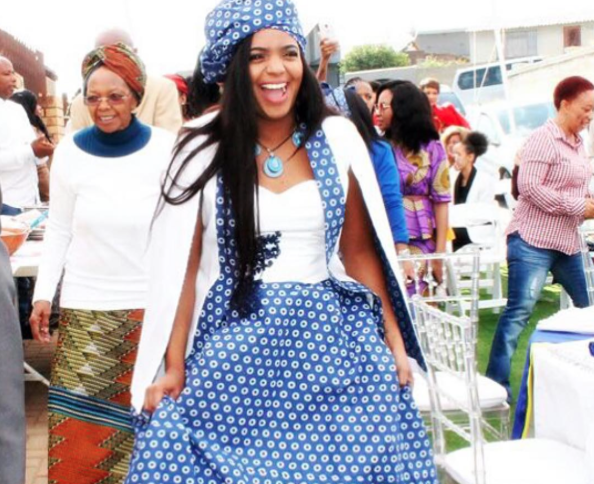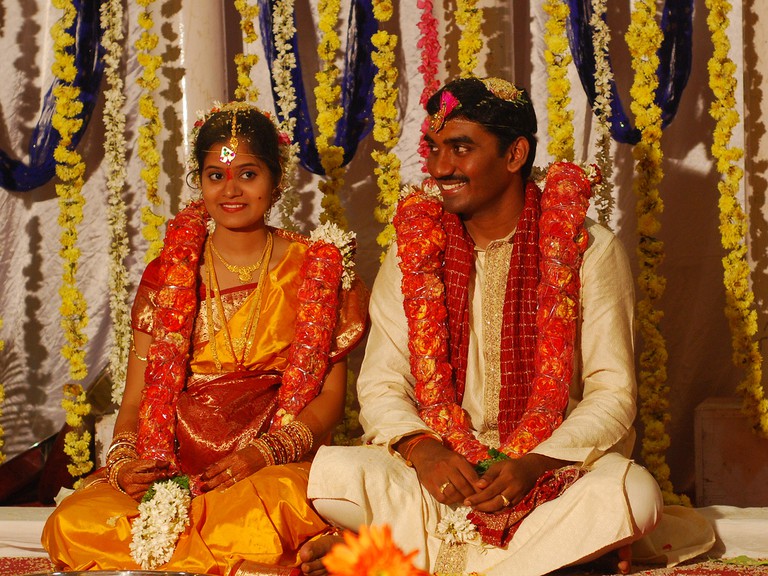South African Traditional Dress For Black Women
South African Traditional Dress For Black Women
South Africa’s diverse mix of cultures, ethnic groups and religions has given rise to a variety of South African Traditional Dress.
Here, we take a look at the various types of traditional wear found in South Africa.

Zulu
In Zulu culture, women also wear different attire at different stages of their lives.

Ndebele
The Ndebele tribe are renowned for their intricate bead work and brightly colored homes painted in striking geometric designs.
The main element of Ndebele women’s wear is an apron.
They also wear isigolwani and copper rings called idzilla around the neck, ankles and arms.
Girls and unmarried women traditionally do not cover their breasts, whereas married women cover their upper bodies with blankets in multi-colored stripes or beaded designs.
Ndebele men wear animal skin aprons and beaded breast-plates or iporiyana which hangs from the neck.

Venda
girls Venda traditionally wear a shedo, a small apron which covers the pubic area.
Venda boys and men traditionally wore a loin-cloth called a tsindi.
The tsindi is a triangular piece of animal skin covering the front, passed between the legs and tied at the back.
In colder weather, they also wore a cloak over their shoulders.
Today Venda men often wear shirts made from nwenda fabric paired with trousers in South African Traditional Dress .

Tsonga (Shangaan)
The Tsonga-Shangaan tribe is an offshoot of the Zulu tribe and are mainly found in southern Mozambique and the northern provinces of South African Traditional Dress.
Traditionally, Tsonga men wear animal skins, while the women wear beads and colorful gathered skirts called xibelani, which shake when they dance.

Indian
Indian South Africans have always preserved their cultural heritage, languages and religious beliefs, being either Christian, Hindu or Muslim.

Cape Malay
Cape Malay refers to an ethnic group who were brought to South Africa from South-East Asia during the slave trade.
In Cape Town, the Cape Malay community is predominantly Muslim.
Like Indian South Africans, Cape Malay people wear mainly Western clothing in everyday life and their traditional attire to mosque, madrassah and for special celebrations.
